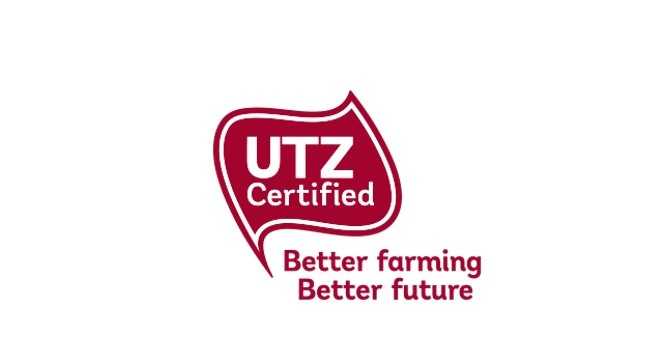Share your coffee stories with us by writing to info@comunicaffe.com.
“It gives workers and their representatives the evidence they need to negotiate for better wages, and gives companies a better understanding of the living wage in their supply chains so they can take action accordingly.”
Miguel Zamora, Head of Regional Development for the Americas, points out that the benchmark gives an indication of how Brazilian farmers are already doing in terms of wages.
“There is a gap between the living wage and the prevailing wage, but it could be significantly higher in other coffee regions outside of Brazil,” says Miguel. “This benchmark presents an opportunity for all actors involved in the supply chain to engage in dialogue about closing the gap and creating a more sustainable situation for workers.”
The Living Wage Coalition uses a unique methodology to calculate living wage benchmarks based on the local costs of necessities such as food, water, housing, education, and healthcare, as well as provision for unexpected events.
In the UTZ program, farms that employ workers must make progress towards paying a living wage through a cash increase above inflation each year, with progress monitored through annual audits.
UTZ is a member of the Global Living Wage Coalition alongside Fairtrade International, Forest Stewardship Council (FSC), Goodweave, Sustainable Agriculture Network/ Rainforest Alliance, Social Accountability International (SAI) and the ISEAL Alliance, the membership association for sustainability standards.
Living wage benchmarks have also been published for Malawi, Dominican Republic, South Africa and Kenya. Ten more benchmarks are to be published in the course of 2016.
Want to know more? Follow the links below:
- More information on the Global Living Wage Coalition.
- Read the full benchmark study.
- Download the Brazil living wage benchmark report infographic.
- Sign up for regular updates from the Global Living Wage Coalition.
- Read more on the Better Business Hub: Does UTZ make sure workers are paid a decent wage?















